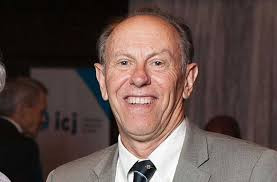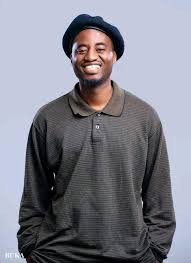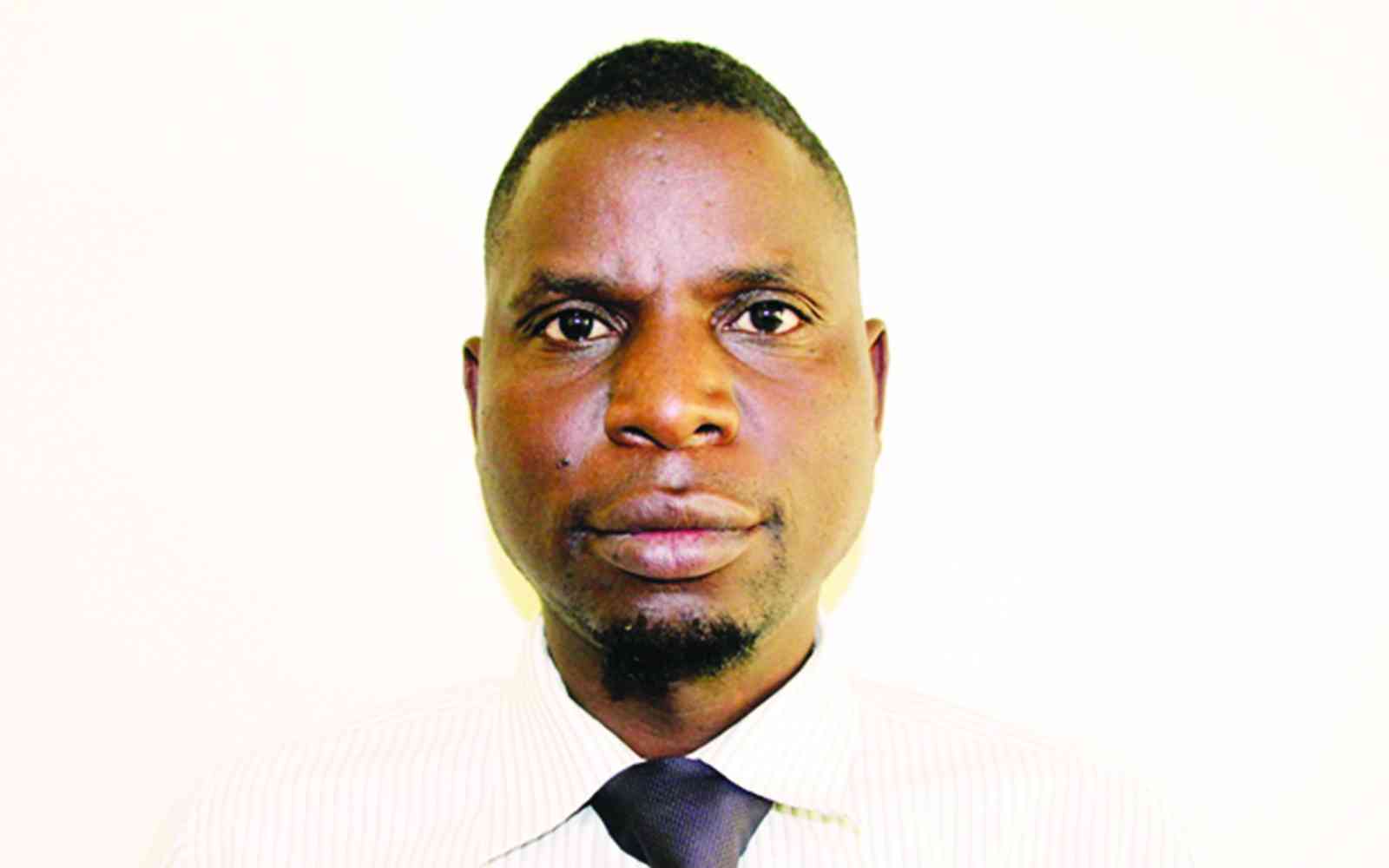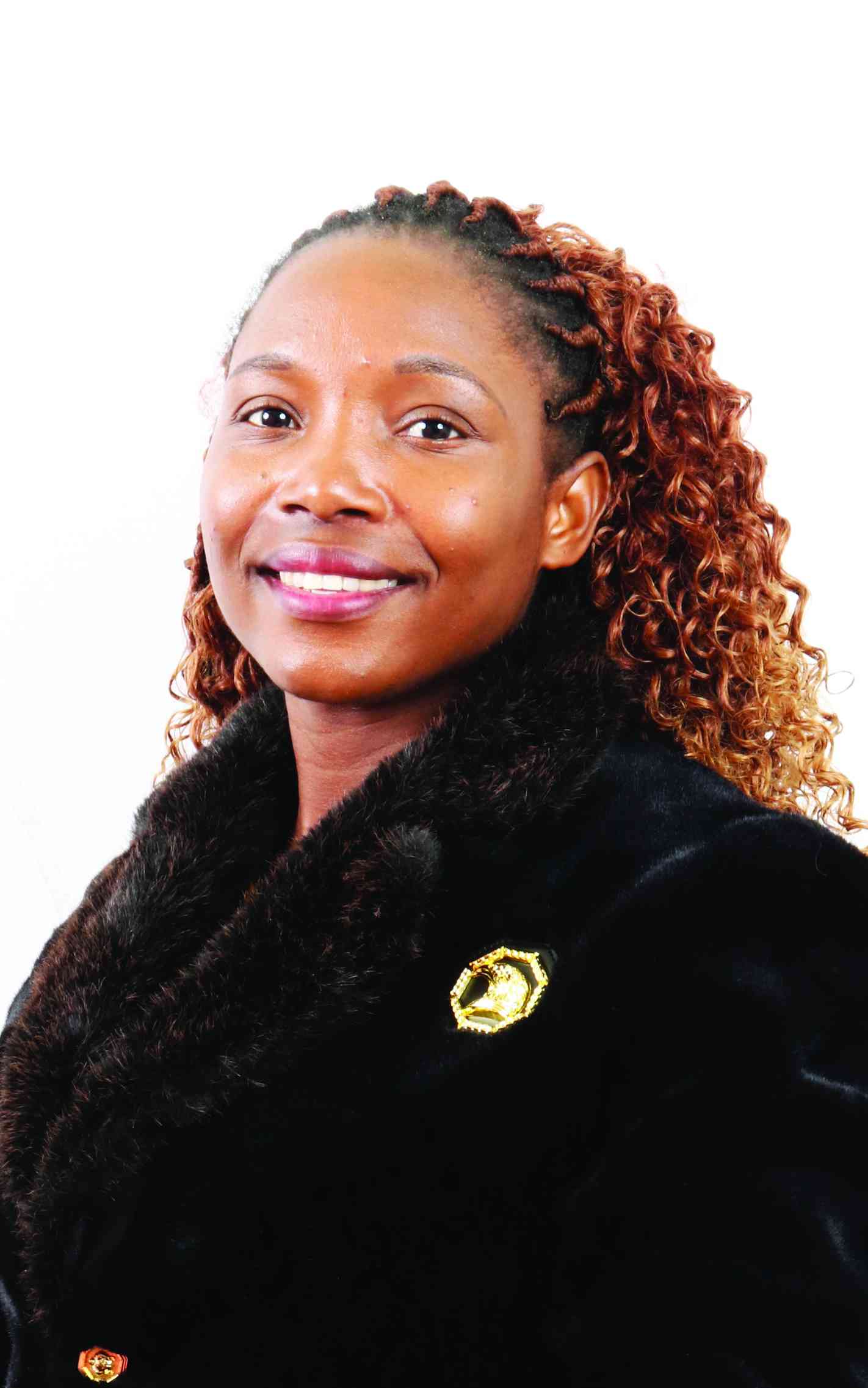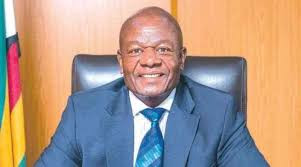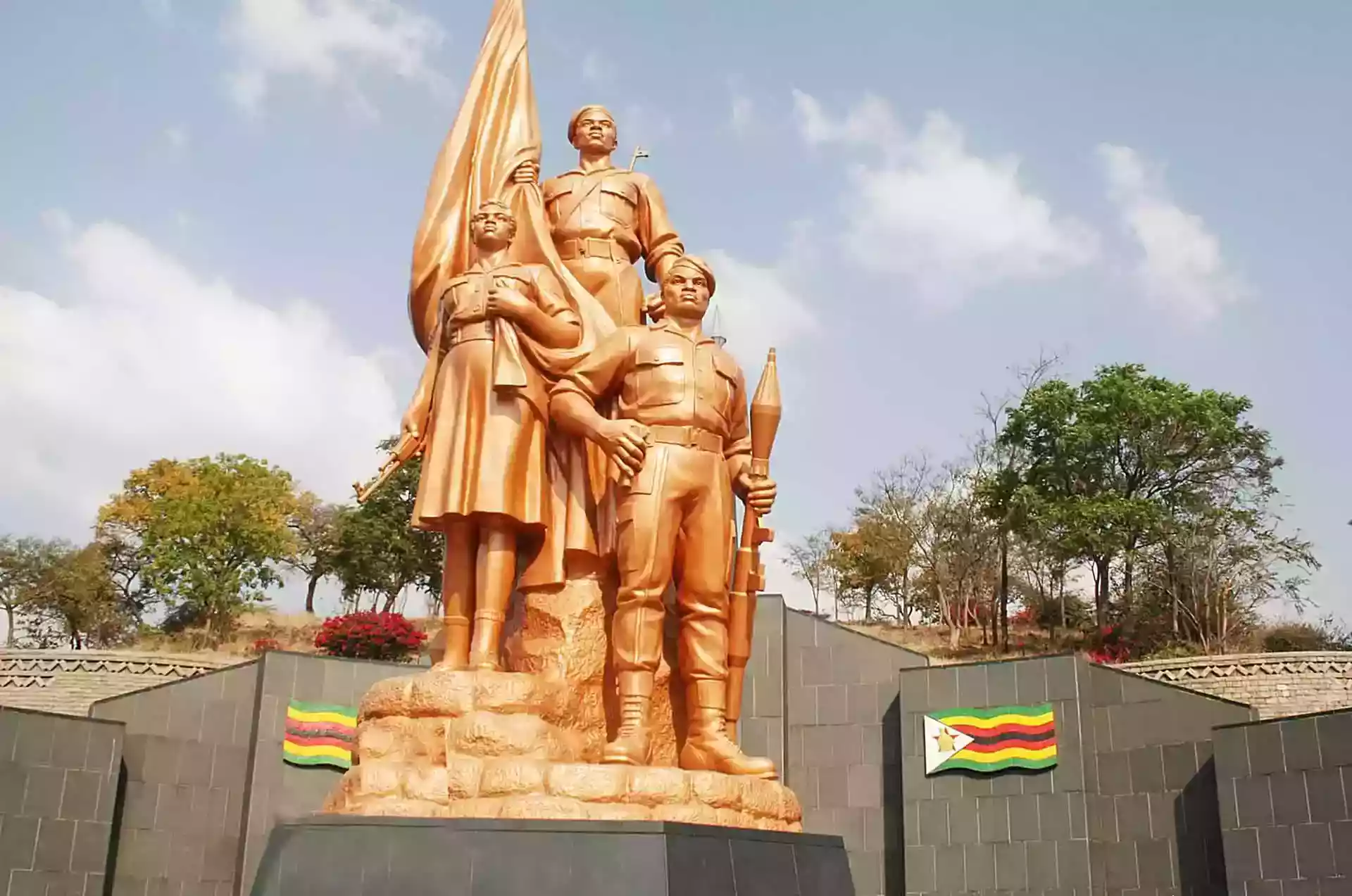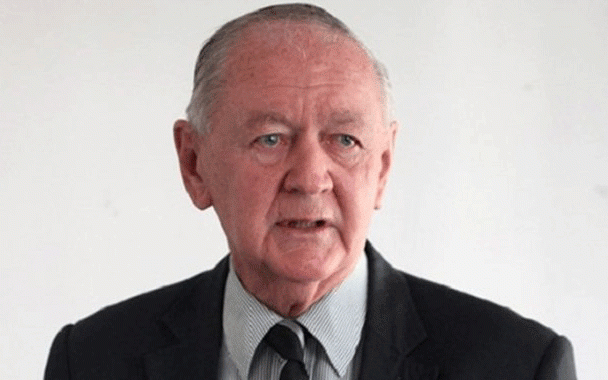
LAST week the President of Zambia, Hakainde Hichilema wrote an article for the Washington Post in which he stated “you cannot eat democracy”.
The point he was making is that there is a whole lot more to building a better and more equal society than simply giving people the right to vote.
In a meeting in 1974 in Harare, Ndabaningi Sithole was asked by an elderly pastor: “What education does a boy need to have to become a pilot?” Sithole replied: “Mdala, independence.”
At the time I felt that was a brilliant response, because black Zimbabweans had little opportunity to progress, if we did not break the shackles of our history.
Today every Zimbabwean knows that independence was essential, but it was not enough. There is a great deal more to building a better world, than simple one word solutions.
We have many historical examples — Europe after the Reformation and the religious transformations which led to an end to Feudalism, emergent democracy and the industrial revolution.
The United States emerging as the first global superpower built on Calvinism, hard work and abundant resources exploited by capitalists and technologies.
Singapore was created out of post-colonial Chinese discipline and enterprise under a form of authoritarian democracy.
- Zim headed for a political dead heat in 2023
- Warrant of arrest canceled for illegal billboard accused
- The trial of Directors accused of erecting illegal billboard deferred again
- Illegal Borrowdale billboard erector issued with warrant of arrest again
Keep Reading
Now China, abandoning the failed experiments of socialism and Maoism, has adopted the magic formula of “just doing what works” and not abandoning their Chinese character or the Communist Party.
In Africa we still have to find the magic formula that works for us. In my view, copying what has been done in other continents and among people of very different cultures and backgrounds, is not enough. In fact, it may be the very worst thing we can do.
African cultures are based on tribe, clan and family. In many failed African States, it is these structures that have saved million of lives. The ability in African culture to arrive at the door of a relative is to secure the right to shelter and food.
The extended family systems provide cohesion and stability. Respect for elders, the acceptance of traditional leaders and systems of education that is passed on from one generation to another is what works for each social grouping and are all solid foundations for a transition to a more modern society and economic system.
In the late 19th century, Lobengula, King of the Ndebeles in southern Zimbabwe, sent two men to England to appeal to the Queen on his conflict with the settlers who were gradually taking over his country.
What is not often recognised is that those two men returned to the King’s Kraal in Gubulawayo and reported to him, verbatim, from memory, what they had seen and heard in Europe. An astonishing ability, even today.
We tend to think that because we come from a background of Western culture and tradition that our ways are superior to those of the indigenous people.
In my own lifetime, I have employed men who were handed over to me by a chief who were paid in salt because they did not know money.
I found, however, that those people had a deep understanding of their culture and what worked for them. Inside their villages they exercised democracy in their own way, taking decisions by consensus and these decisions finding binding acceptance on the people involved.
In many ways, Shona and Ndebele cultures — the two dominant cultures here, are more democratic that any system of democracy in the Western world. They are just not recognised as such.
But at the same time, we have to recognise that creating islands of tradition where tribal cultures of the past reign supreme, simply does not work for the people involved.
Tribal reserves were created across the English-speaking world — the US, Canada, Australia, South Africa, Zimbabwe and in nearly every case, they have become islands of poverty and little else.
The tribal areas in Zimbabwe are overcrowded, overgrazed and in many cases are becoming deserts. Nothing to do with climate change — just a small piece of human society that has not changed to meet the challenges of the day.
So where do we go from here? The first thing for us to recognise is the inherent value in what we have from our past.
I see young Zimbabweans who do not speak their own language, they dress like teenagers in New York, they behave like them and think it is “modern” and better. It’s not.
The Chinese and the Japanese have not abandoned who they are, but they have modernised their society so that they can compete in a globalised world.
Surely we can do the same. Why do our judges wear wigs? Why are our Parliaments built on a basis that reflects competition for power, instead of collaboration of leadership in the service of our people?
In a dare or indaba, leaders sit in a circle where everyone has the right to speak and decisions are made on a consensual basis, binding on all involved.
We live under a Western style Constitution where everything is based on competition for power. Is that really a better way?
So often this has led to violence, money becoming the driver and distorts the whole process.
We need a police force and army to enforce decisions which in traditional societies are binding because everyone was involved.
Somehow we need to take up the task of adopting what is best in our own traditions and culture — be proud of the fact that we are Africans and are different.
At the same time we need to recognise that economic systems that supported nomadic or shifting agriculture no longer work as our populations reach a certain level.
Without ownership, nothing works, that is why China has allowed its rural population to take ownership of rural land.
That is why Russia has abandoned the collective. Africa has little choice but to do the same, but there is no reason why we should abandon the traditional leaders, rather they should be brought into the centre of a modern African administrative system and given oversight of the local authorities that serve our rural communities.
They would do a lot better than central government. We almost need two parallel governments — one for urban populations and the other rural, both reporting to the presidency.
Then we have to accept that as developing countries we cannot hope to match the education and health services that are available in developed countries.
That can also apply to infrastructure and other services, but there are some basic things we can do in this increasingly globalised world.
We need to adopt 21st century technologies to give our children opportunity.
If we had universal free access to the internet, we could equip every children with tablets or laptop computers and they could break the ceiling of opportunity that exists for those who do not have money.
We need to build basic community clinics within walking distance of every family and link them to a centralised and computerised advisory network that can tell them what to do when their own expertise fails.
We need to build modern cities that can compete globally and an infrastructure that will supply cheap, abundant power and energy with efficient and cost-effective access to global trade.
We already have the most advanced communication and banking systems in the world because we have leapfrogged the alternatives.
Most of all, we need to give our people, all our people, hope that they can deliver a better world for themselves and their children.
- Eddie Cross is an economist and former Bulawayo South legislator. He writes here in his personal capacity.

